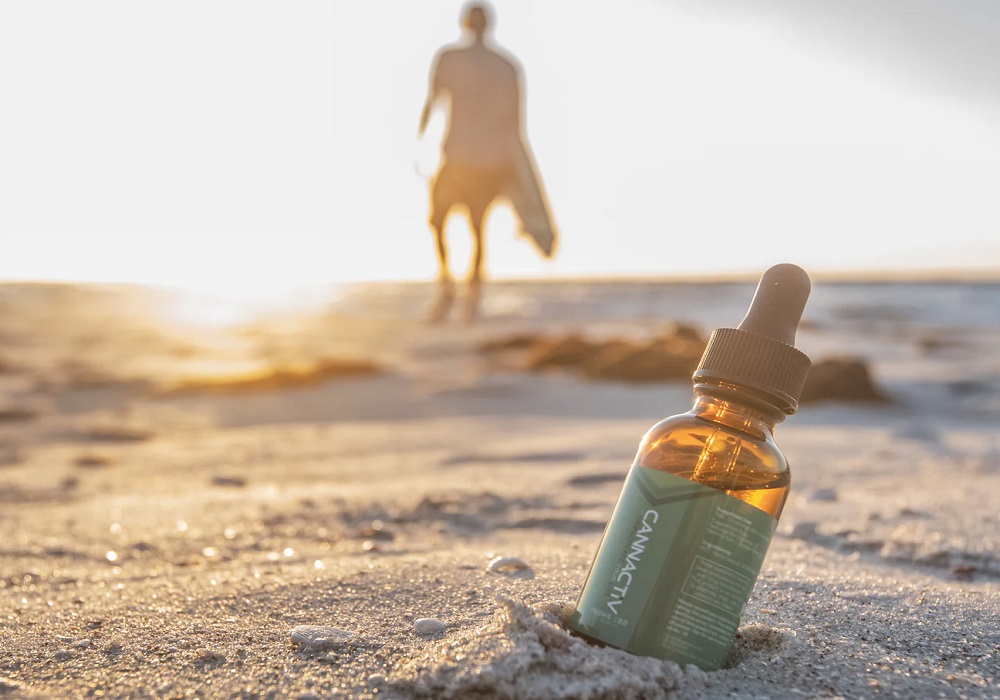CBD, short for cannabidiol, is a compound derived from cannabis plants. Unlike THC, the primary psychoactive component in marijuana, CBD does not produce intoxicating effects. Over the years, interest in CBD has surged, with researchers and consumers exploring its potential in supporting wellness and addressing various concerns.
From soothing discomfort to promoting relaxation, CBD has become a sought-after ingredient in wellness routines. Its applications span from skincare to stress relief, making it a versatile compound. This guide will explore its properties, potential benefits, and considerations for safe use.
Understanding CBD: What Sets It Apart?
CBD is one of over a hundred cannabinoids found in cannabis. Unlike THC, it does not cause a euphoric sensation. Instead, it interacts with the body’s endocannabinoid system (ECS), which plays a role in maintaining balance. The ECS influences processes such as sleep, mood, and immune function.
Extracted from hemp or marijuana, CBD is available in various forms, including oils, tinctures, edibles, topicals, and capsules. The rising interest in CBD stems from its potential to promote relaxation, support mental well-being, and assist with certain discomforts.
Potential Benefits of CBD
While research is ongoing, preliminary findings and user experiences suggest CBD may offer several benefits:
1. Support for Mental Well-Being
CBD has gained popularity as a potential aid for stress and anxious feelings. Some studies suggest that it interacts with serotonin receptors, which are linked to mood regulation. Individuals incorporating CBD into their routine report experiencing a greater sense of relaxation.
2. Assisting with Physical Discomfort
CBD’s interaction with the ECS suggests it may contribute to easing discomfort. People managing soreness from exercise or general aches often explore CBD as a natural alternative. Some topical products target specific areas, while ingestible forms provide systemic support.
3. Potential Contribution to Skin Health
Many skincare products now feature CBD, credited for its potential in addressing concerns such as breakouts and irritation. It is believed to help regulate sebum production and may contain properties that support overall skin health.
4. Exploring CBD for Sleep Support
Individuals struggling with restless nights often turn to CBD as part of their bedtime routine. Some formulations include ingredients like melatonin, which may further support relaxation before sleep.
5. Aiding in Post-Workout Recovery
Athletes and fitness enthusiasts sometimes incorporate CBD products in their recovery process. Certain formulations, such as topical balms and creams, may help target localized discomfort following intense activity.
How CBD Works in the Body
CBD interacts with the ECS, which influences various functions, including sleep, mood, and immune response. Unlike THC, which directly binds to cannabinoid receptors, CBD indirectly affects receptor activity, potentially promoting a sense of balance.
Research is still in progress, but growing interest from wellness communities and medical researchers highlights its potential applications.
CBD and Its Forms: Choosing the Right Option
CBD is available in multiple formats, allowing users to select what fits their needs best:
- Oils and Tinctures – Taken sublingually (under the tongue) for quicker absorption.
- Edibles and Capsules – Gummies, chocolates, and soft gels provide a measured dose.
- Topicals – Lotions, creams, and roll-ons for targeted application.
- Vape Products – Inhaled CBD may offer faster effects, though considerations for lung health should be taken into account.
Each method varies in absorption rate and duration of effects. Those new to CBD often begin with a small serving and adjust based on their experience.
Safety and Side Effects
Most individuals tolerate CBD roll on gel well, but reactions may vary. Some users experience mild effects such as:
- Fatigue
- Changes in appetite
- Digestive discomfort
If considering CBD, consulting a healthcare professional is advisable, especially when taking other medications. Quality also matters—third-party lab-tested products ensure purity and accurate labeling.
Legal Considerations and Product Quality
Laws regarding CBD differ across regions. In many areas, hemp-derived CBD with minimal THC is widely available, while marijuana-derived products may have stricter regulations. Ensuring compliance with local laws is essential.
When selecting a product, consider:
- Source: Hemp-derived CBD is legal in many places.
- Extraction Method: CO₂ extraction is a preferred method for purity.
- Third-Party Testing: Lab reports confirm product accuracy and safety.
Integrating CBD into a Routine
CBD’s flexibility allows it to be seamlessly included in daily wellness habits. Some users prefer taking it in the morning to promote relaxation throughout the day, while others incorporate it into nighttime routines to support restful sleep.
Combining CBD with a balanced lifestyle, including proper nutrition, exercise, and mindfulness, may enhance overall well-being.
Final Thoughts
CBD has captured attention for its potential to support various aspects of well-being. While ongoing research continues to uncover its full range of applications, many individuals explore its benefits for relaxation, skin health, and post-exercise recovery.
As with any wellness product, selecting high-quality options and understanding personal needs is essential. Before incorporating CBD into a routine, seeking guidance from a healthcare professional can help determine its suitability.
For those interested in exploring CBD further, Cannactiv offers insights and options to navigate this evolving space.


